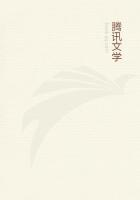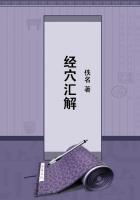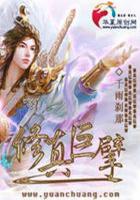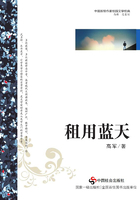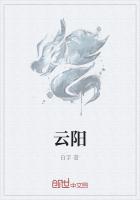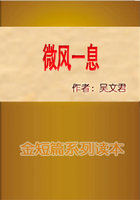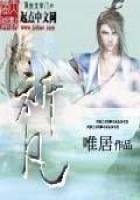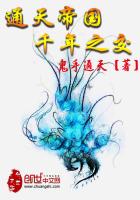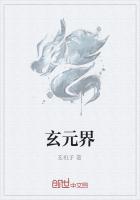He could easily maintain, by way of argument, that the required power had never been given, and that no sound constitutional reason could possibly exist for authorizing the Government to overthrow the standard of value without necessity, in time of peace. The dispute itself had not much value for him, even as education, but it led to his seeking light from the Chief Justice himself. Following up the subject for his letters to the Nation and his articles in the North American Review, Adams grew to be intimate with the Chief Justice, who, as one of the oldest and strongest leaders of the Free Soil Party, had claims to his personal regard; for the old Free Soilers were becoming few. Like all strong-willed and self-asserting men, Mr. Chase had the faults of his qualities. He was never easy to drive in harness, or light in hand. He saw vividly what was wrong, and did not always allow for what was relatively right. He loved power as though he were still a Senator. His position towards Legal Tender was awkward. As Secretary of the Treasury he had been its author; as Chief Justice he became its enemy. Legal Tender caused no great pleasure or pain in the sum of life to a newspaper correspondent, but it served as a subject for letters, and the Chief Justice was very willing to win an ally in the press who would tell his story as he wished it to be read. The intimacy in Mr. Chase's house grew rapidly, and the alliance was no small help to the comforts of a struggling newspaper adventurer in Washington. No matter what one might think of his politics or temper, Mr. Chase was a dramatic figure, of high senatorial rank, if also of certain senatorial faults; a valuable ally.
As was sure, sooner or later, to happen, Adams one day met Charles Sumner on the street, and instantly stopped to greet him. As though eight years of broken ties were the natural course of friendship, Sumner at once, after an exclamation of surprise, dropped back into the relation of hero to the school boy. Adams enjoyed accepting it. He was then thirty years old and Sumner was fifty-seven; he had seen more of the world than Sumner ever dreamed of, and he felt a sort of amused curiosity to be treated once more as a child. At best, the renewal of broken relations is a nervous matter, and in this case it bristled with thorns, for Sumner's quarrel with Mr. Adams had not been the most delicate of his ruptured relations, and he was liable to be sensitive in many ways that even Bostonians could hardly keep in constant mind; yet it interested and fascinated Henry Adams as a new study of political humanity. The younger man knew that the meeting would have to come, and was ready for it, if only as a newspaper need; but to Sumner it came as a surprise and a disagreeable one, as Adams conceived.
He learned something -- a piece of practical education worth the effort -- by watching Sumner's behavior. He could see that many thoughts -- mostly unpleasant -- were passing through his mind, since he made no inquiry about any of Adams's family, or allusion to any of his friends or his residence abroad. He talked only of the present. To him, Adams in Washington should have seemed more or less of a critic, perhaps a spy, certainly an intriguer or adventurer, like scores of others; a politician without party; a writer without principles; an office-seeker certain to beg for support. All this was, for his purposes, true. Adams could do him no good, and would be likely to do him all the harm in his power. Adams accepted it all; expected to be kept at arm's length; admitted that the reasons were just. He was the more surprised to see that Sumner invited a renewal of old relations. He found himself treated almost confidentially. Not only was he asked to make a fourth at Sumner's pleasant little dinners in the house on La Fayette Square, but he found himself admitted to the Senator's study and informed of his views, policy and purposes, which were sometimes even more astounding than his curious gaps or lapses of omniscience.

